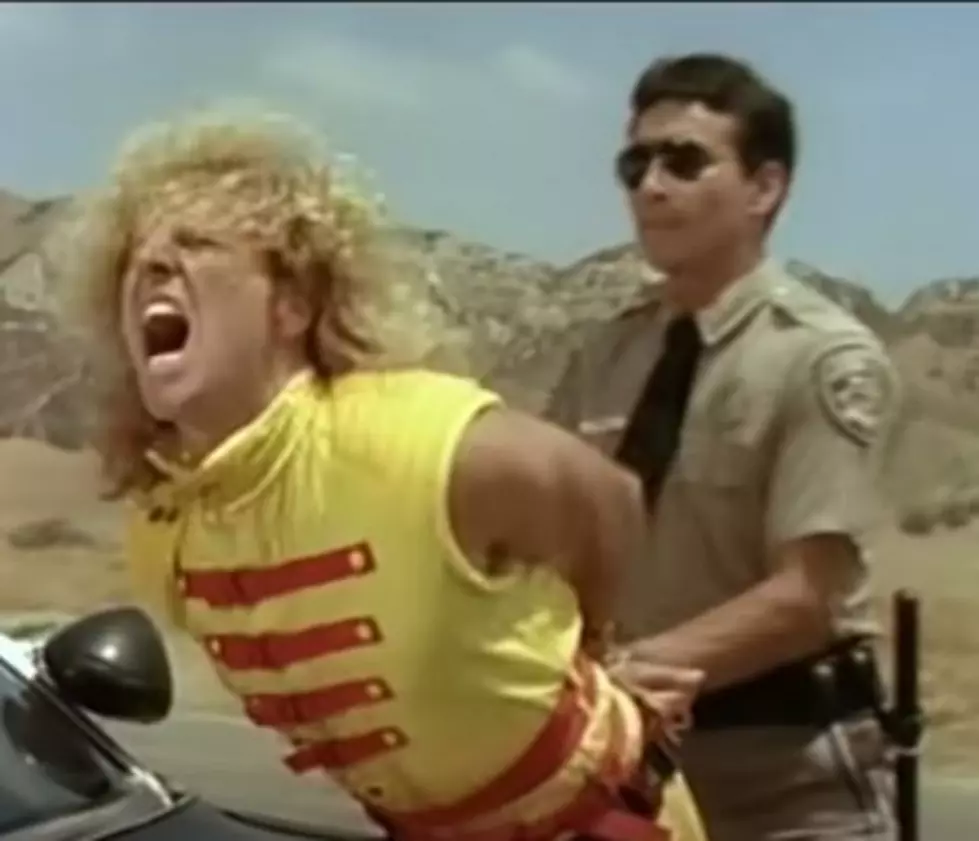
When It Comes To Wildlife, Look But Don’t Touch
According to the Times Union, A bear cub was euthanized recently in order to be tested for rabies after it scratched a woman trying to rescue it from the Great Sacandaga Lake on Septemeber 9th. I'm sure the woman not only had great intentions, but was doing what a lot of people in that same situation would do. Yes, the bear cub may have drowned and died. Yes, it would break anyone's heart to witness that happening-including my own. But the lesson here is simple: When in doubt, just leave wildlife alone!
When I was in Yellowstone National Park a few weeks ago, I was able to get up close and pretty personal with some unbelievable wild animals. Elk and bison were so prevalent, that they were literally walking up alongside the car as my girlfriend and I made our way through the park. Throngs of people stop to watch, take pictures, and get as close to these amazing creatures as they could. There were times when the bison and elk would simply ignore us, other times you could see them get a little agitated or 'jumpy'.
There was one golden rule that I respected even as someone who is naturally a little curious and bit of a risk taker: I didn't (nor would I ever) touch, feed, or do anything intentionally to disrupt their natural flow, pace, or routine. It's their park, I was just a visitor.
Most people think they're doing the right thing by interfering with nature's course. Naturally we want to help a stranded or injured looking animal, especially as one as cute as a bear cub, but it's not a good idea and it's illegal.
Some animals, once touched by humans, may never be accepted again by their pack or may become reliant on humans thus diminishing their chance for survival out in the wild.
According to the Department of Environmental Conservation "Wild animal parents are the best at raising normal wild babies to survive on their own. But every year, many people scoop up young wild animals in the mistaken belief that they are orphaned or neglected. They bring them to a wildlife rehabilitator or worse, attempt to raise them. In many cases, this is unnecessary or even harmful."
Point blank, look but don't touch. It's for your safety as well as theirs. If you do come across an animal that you feel is in need of help, contact the Wildlife Rehabilitator in your area, call your nearest DEC Regional Wildlife Office.
More From 107.7 WGNA






![The Capital Region’s 10 Best Hot Dogs [RANKED]](http://townsquare.media/site/81/files/2020/07/5.-Dog-Haus-Clifton-Park.jpg?w=980&q=75)


